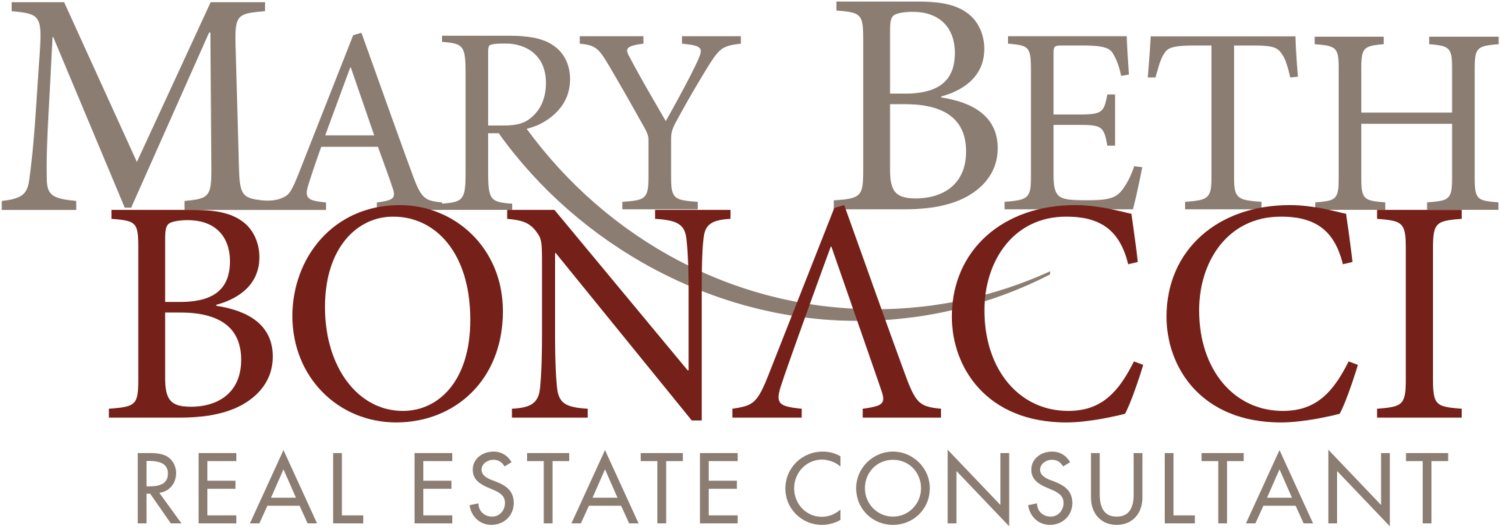The Saga of Sisters Seller and Cousin Realtor
/So here I am at 35,000 feet, watching a People's Court marathon on my iPad. Things have sure changed from the days of my full-time travel. Back in my day, we had nothing but bad food and in-flight magazines to keep us occupied. But now, thanks to the miracles of modern internet technology, I can watch a parade of disaffected roommates and former lovers hash out their differences on national television.
The last case caught my attention, though -- enough to motivate me to turn off the streaming and start writing.
It was the case of a young couple who were new homeowners. After they bought the house, they discovered that the fireplace was in dangerous condition and needed extensive work. The couple were irate. The sellers had told them the fireplace was fine. And instead it was very not-fine. They had children -- children -- living in a house with a dangerous fireplace. Someone had to pay.
And so, standing on the other side of the courtroom, we saw three women -- the two sisters who had sold them the house, and the sisters' real estate agent, who also doubled as their cousin. They were being sued for for $7000 to cover a $5000 repair and then apparently some pain and suffering thrown in for good measure.
A scene like that makes my blood run cold.
To the buyers, the issue was simple. Sisters Seller and Cousin Realtor sold them a house with a bad fireplace. (This, incidentally, will be the name of my garage band, should I ever form one.) They had to make it right.
But the judge needed a little more information.
First question: what did they disclose? If you have ever bought or sold a house in Colorado, you've seen that Seller's Property Disclosure that lists everything anyone can imagine about the condition of a house. And if you've ever bought or sold a house with me, I have probably told you, "This is the form that protects you against getting sued. Answer honestly."
Well, now I finally got to see a disclosure like that in action in a court of law. On it, Sisters Seller disclosed that the fireplace had been cleaned approximately one year ago, that it was inspected at that time and that the inspector reported no problems. The buyers' inspector disputed the claim that it had been cleaned or inspected. So Sister Sellers and Cousin Realtor produced -- ta da -- a receipt.
Score one for Sisters Seller and Cousin Realtor.
And then the judge asked the buyers the key question: "Why didn't you have the fireplace inspected yourself if you were so concerned?" The response: "We were relying on what they told us."
Wrong.
The judge continued: Can you prove that the sellers knew there was a problem and didn't disclose it to you? Of course they couldn't, because neither Sisters Seller nor Cousin Realtor knew anything of the sort. They aren't experts in fireplace structure or function. They relied on an expert, and honestly reported what he told them.
Game, set and match for Sisters Seller and Cousin Realtor. And a few reminders for me.
One, the importance of answering the Seller's Property Disclosure honestly. Fortunately, I generally have very upstanding and ethical clients, so I have never had a problem in this regard. This isn't just on sellers -- it's on real estate agents as well. If I know that sellers are withholding relevant information, I am legally obligated to disclose it myself. If Sisters Seller had in fact known about the defective fireplace, and the buyers could prove it (say, by a "helpful" neighbor or disaffected other cousin sharing that Sisters Seller had complained about their crappy, crappy fireplace), they could be on the hook for a whole lot of money. And if Cousin Realtor had known about it, she would join them on the hook. This case was relatively minor. But what if there had been a fire? That kind of calamity can ruin lives, and the subsequent lawsuits can ruin even more lives.
Second, for buyers. Inspect, inspect, inspect. The buyer kept saying "she had a feeling about the fireplace." She even had her agent send Cousin Realtor an email shortly before closing, asking again about the condition of the fireplace. But their VA inspector "didn't do fireplaces." Others, however, do. It would have cost a couple hundred bucks. If she had followed her gut instinct, they wouldn't be out the $5000 plus the "pain and suffering."
Third, stuff happens when you own a house. Sellers don't know everything. Inspectors don't always find everything. You can't always make it someone else's fault. When you buy a house, the contract clearly states that you are purchasing it "as-is." The inspection period is your opportunity to learn what you can about its condition, and to make decisions accordingly. After that, life is going to go on and stuff is going to happen with the house. Going after the sellers after the fact is difficult, expensive and very rarely successful, unless you uncover clear evidence that they knew something they didn't disclose.
In this little case, I was reminded that all of these steps we take in the process of buying or selling a house really do matter. And doing it poorly can come back to bite us.
And finally, I learned never to mess with Sisters Seller and Cousin Realtor.








